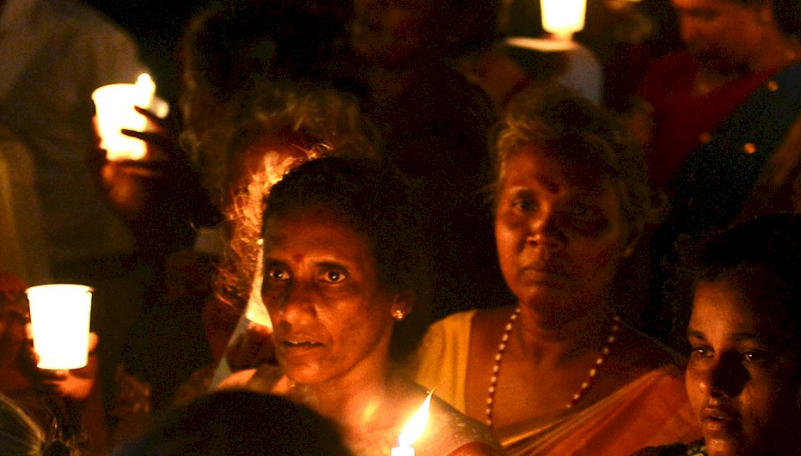(01 July 2918/ST)The newly gazetted Office for Reparations Bill will provide for “individual reparations” as well as “collective reparations”, which will include monetary payment or material benefits to aggrieved persons, while recognising means of remembrance of deceased persons, including memorials.
The Bill to replace the Rehabilitation of Persons, Properties & Industries Authority Act 1987 has been approved by the Cabinet and will be presented to Parliament shortly. In terms of the Bill, “collective reparations” intend to recognise the right of the communities or groups of aggrieved persons to an effective remedy and benefits, means of remembrance of deceased persons, including memorials, development of infrastructure, educational programmers, training, skills development programmers among others.
“Individual reparations” have been defined in the Bill as measures intended to recognise the right of an aggrieved person to an effective remedy and benefits and shall include any monetary payment or material benefit, micro-finance and concessionary loans.
The objective of the Bill is to formulate and recommend to the Cabinet, policies on reparations to grant individual and collective reparations to aggrieved persons, to facilitate and implement such policies on reparations as approved by the Cabinet, by the Office for Reparations, including specialised policies on public education, memorialisation and on children, youths, women and victims of sexual violence and persons with disabilities.
The Bill will also establish links to ensure the compatibility of the Office for Reparations with other mechanisms aimed at reconciliation, and to monitor and evaluate the progress of delivery of reparations to eligible aggrieved persons. In the case of collective reparations, provisions have been made to ensure non-discrimination, facilitation of reconciliation and sensitivity to the experiences of all aggrieved persons.
The receipt of reparations under the proposed law will not preclude aggrieved persons from pursuing any remedy available in law to them against any person who may have violated their rights. The Office for Reparations will comprise five members appointed by the President, on the recommendation of the Constitutional Council.
It will have the powers and functions to receive recommendations with regard to reparations to be made to aggrieved persons from the Office on Missing Persons (OMP) or, other relevant bodies or institutions, as well as to receive applications for reparations from aggrieved persons or representatives of such persons, and to verify the authenticity of such applications, for the purpose of assessing the eligibility for reparations.
ST
